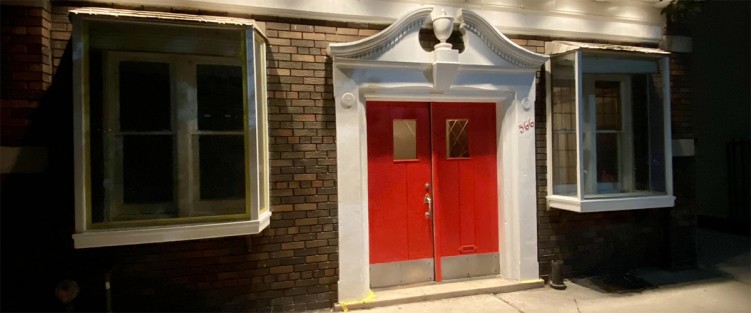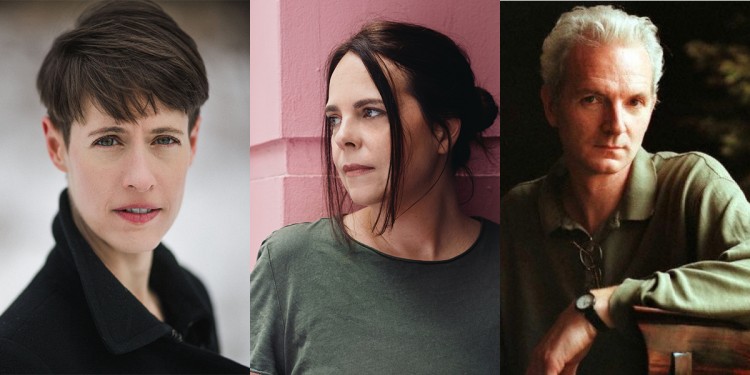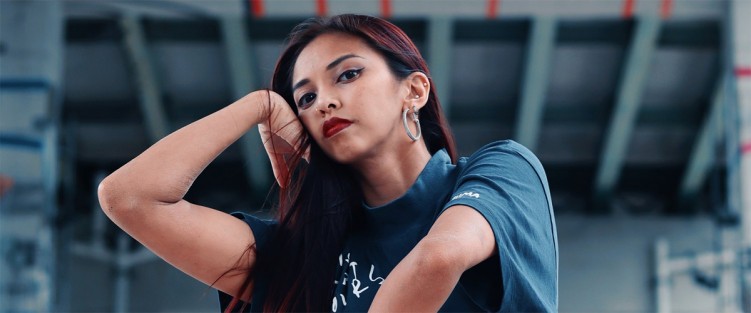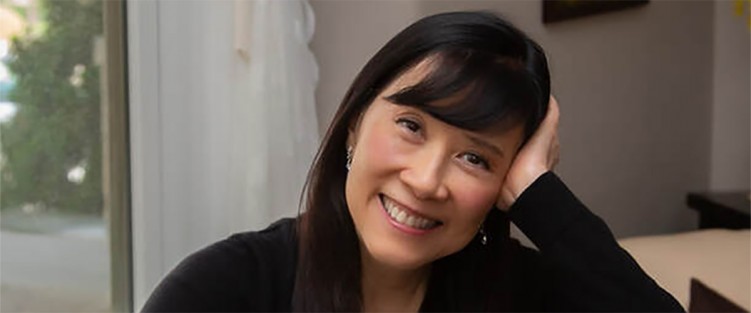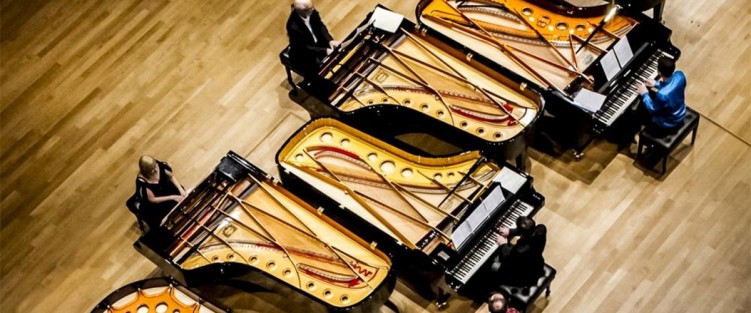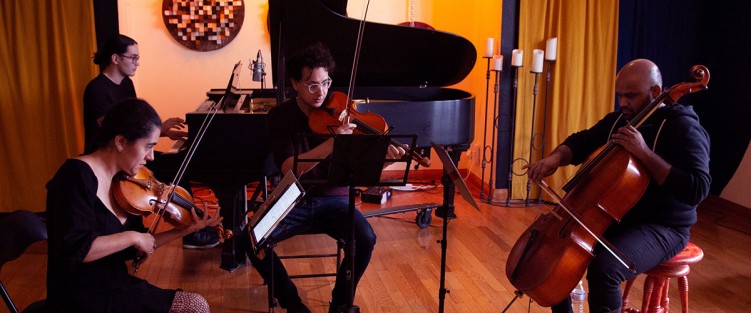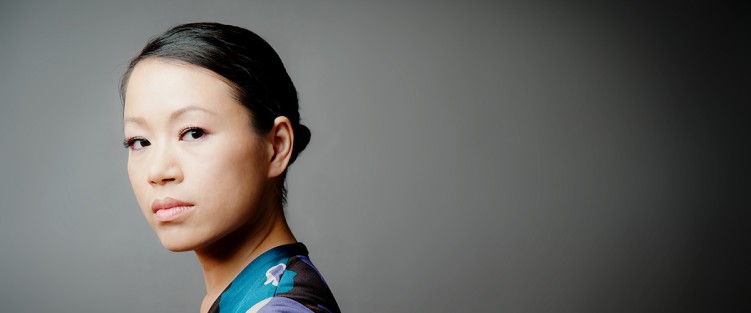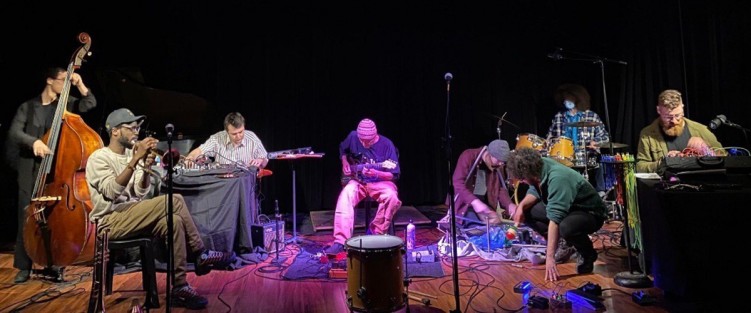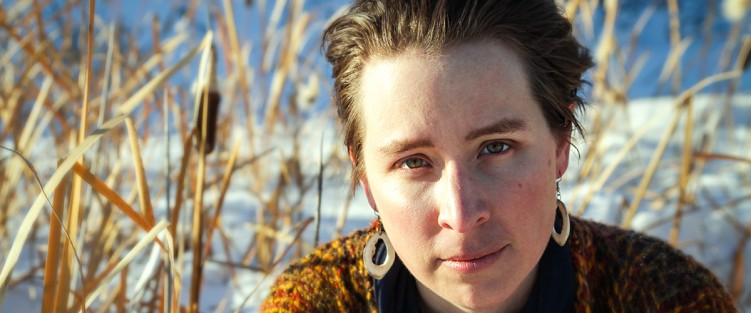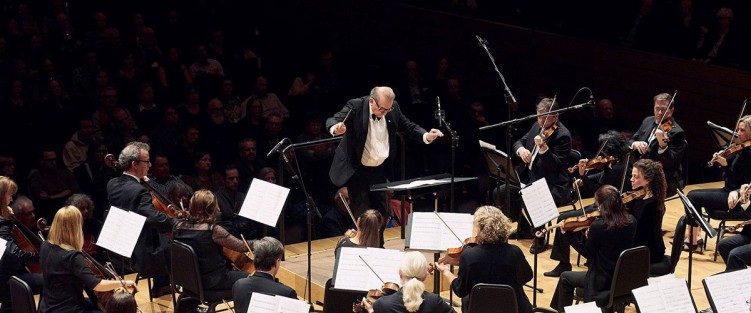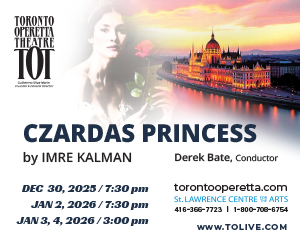A MASS FOR THE ENDANGERED LEADS THE WAY
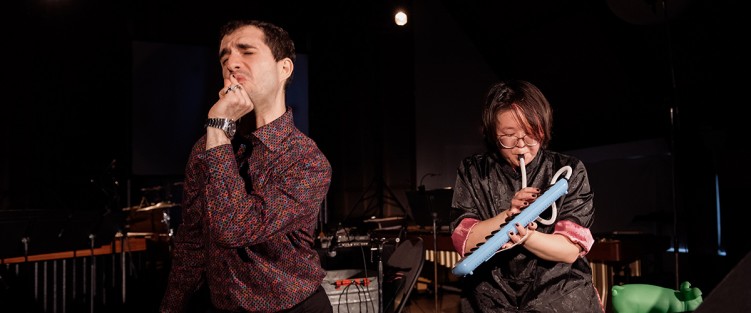 As the concert season shifts toward winter, Toronto’s new music scene is gathering momentum with a rich constellation of performances from four of the city’s core presenters. Among the many offerings, one work stands out for the way it merges spiritual form with ecological urgency: Mass for the Endangered by composer Sarah Kirkland Snider. The piece will be performed on November 22 in a Soundstreams concert that also features works by Andrew Balfour, R. Murray Schafer, Olivier Messiaen, Arvo Pärt, and Chris Hutchings. I recently spoke with Snider by phone about the piece and her current projects.
As the concert season shifts toward winter, Toronto’s new music scene is gathering momentum with a rich constellation of performances from four of the city’s core presenters. Among the many offerings, one work stands out for the way it merges spiritual form with ecological urgency: Mass for the Endangered by composer Sarah Kirkland Snider. The piece will be performed on November 22 in a Soundstreams concert that also features works by Andrew Balfour, R. Murray Schafer, Olivier Messiaen, Arvo Pärt, and Chris Hutchings. I recently spoke with Snider by phone about the piece and her current projects.


